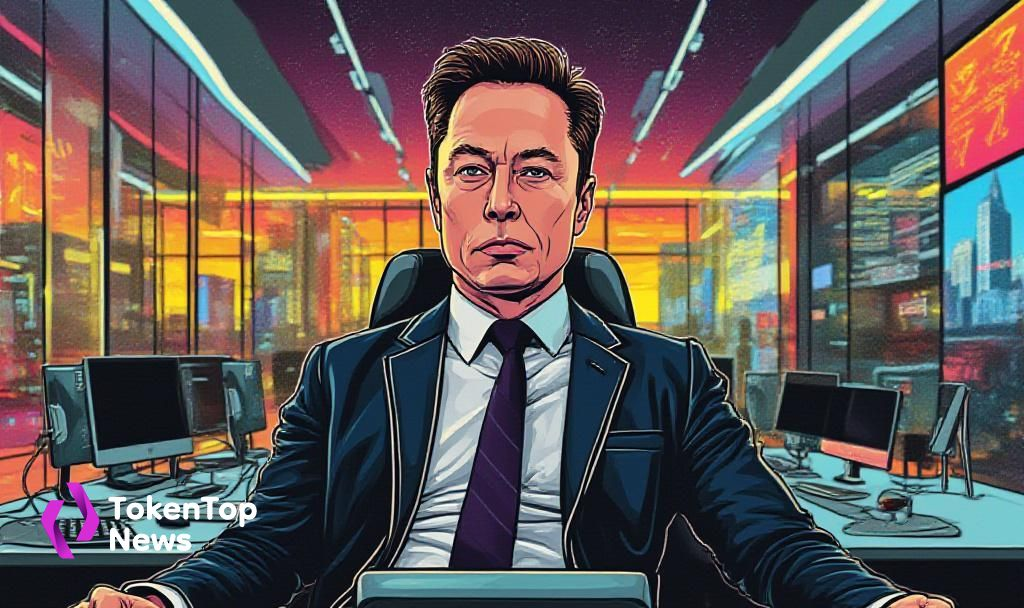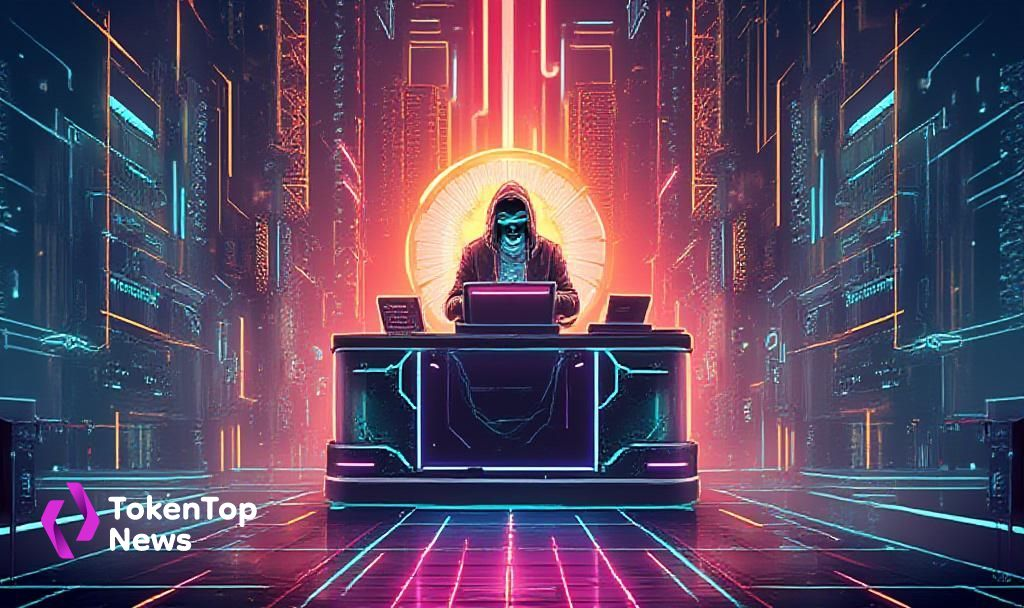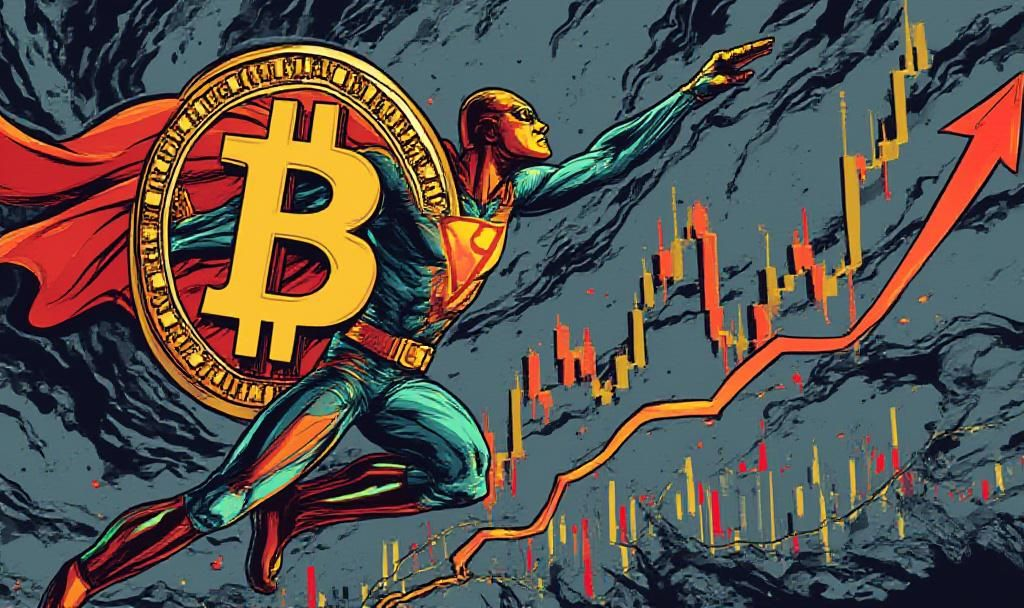Unannounced hard fork on Polygon – what happened?

A week ago, Polygon had a night and fog campaign that resulted from a closed source project. The community wants to know what was going on, but hardly any details are given.
About a week ago, an event took place at Polygon that, despite its far-reaching impact, was barely noticed by the crypto industry. A hard fork to the closed source genesis was carried out without prior notice. There is still no conclusive explanation, although the community understandably wants to know what exactly happened and why.
Nathan Worsley, a DeFi developer, is still asking the question, over a week after the hard fork. He points out that “Polygon forked its blockchain into a fully closed-source genesis in a night and fog action without warning and has still not verified the code or explained what was going on.”
In the meantime, Worsley provided the GitHub commit , which was forked into.
A hard fork is usually a big event for any project and in most cases it takes months, sometimes years, to plan and execute.
More on the topic: Polygon acquires Predictable Labs in $500M deal to further Ethereum adoption
Polygon founder tries to explain
Mihailo Bjelic, one of the founders of Polygon, attempts an explanation that even influential personalities have come to expect. Apparently it was about security. He stated :
“As part of this effort, we’re working with several groups of security experts, whitehat hackers, and so on. One of these partners discovered a security flaw in one of their recently reviewed contracts. We made a correction immediately and coordinated the upgrade with the validators / full node operators. No funds have been lost. The network is stable. “
For some it was enough, but for others it was just an admission of a lot of potential loopholes and concerns about the security of their funds are growing. It also doubts whether some people in the inner circle of the project can just decide to do a hard fork without telling anyone, let alone getting the consent of others.
Bjelic explained that you cannot do this with a decentralized project. Like Ethereum and Bitcoin, Polygon is operated by validators and full node operators. Ideally, the Polygon team should have no control over these validators and should not be able to influence their decisions. It only makes suggestions, and the validators vote independently on whether they want to pursue them – or not.
“We just did our best to communicate and explain the importance of this upgrade, but in the end it was up to you to decide whether or not to do it,” said Bjelic .
As you can imagine, not everyone was happy with this answer, and some, including a full node operator, feel that the entire process was handled very unprofessionally. Bjelic promised to publish a blog post to explain what was going on; However, this was not yet available at the time of going to press
.Polygon’s MATIC token is unaffected by the events – yet – and is trading at $ 2.03 at press time.




